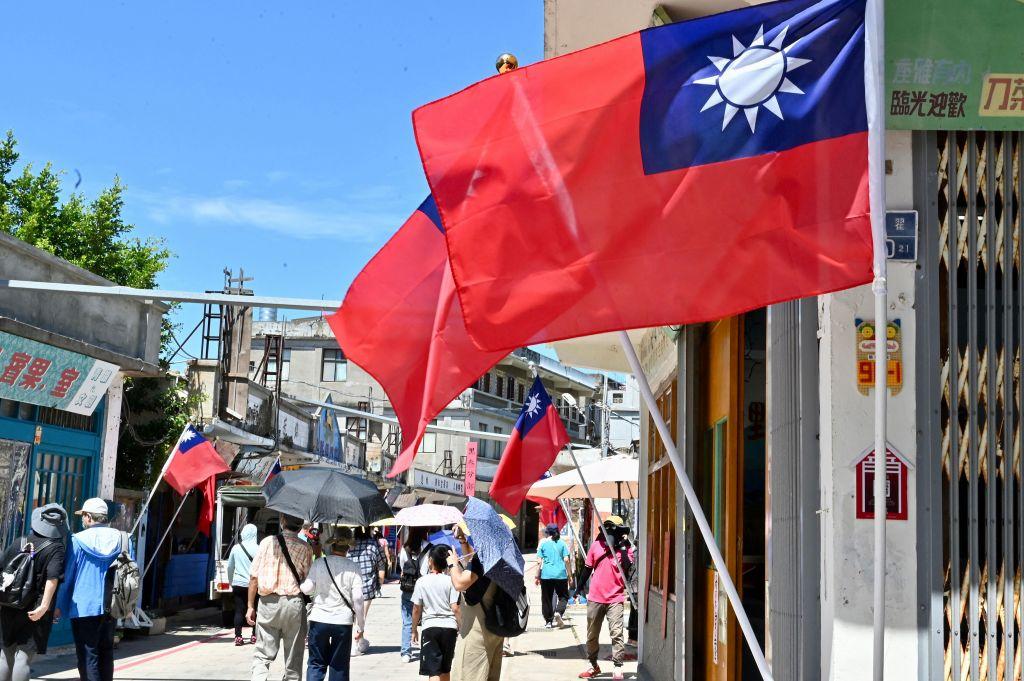Commentary
The Chinese Communist Party’s (CCP) international power is, above all, in its status as a gatekeeper to China’s economy and conservator of China’s military strength. This is illustrated by its trade sanctions and development aid to coerce countries into compliance with its will (including bonus bribes for compliant leaders) and avoidance of military conflict in places like Ukraine and Israel.





